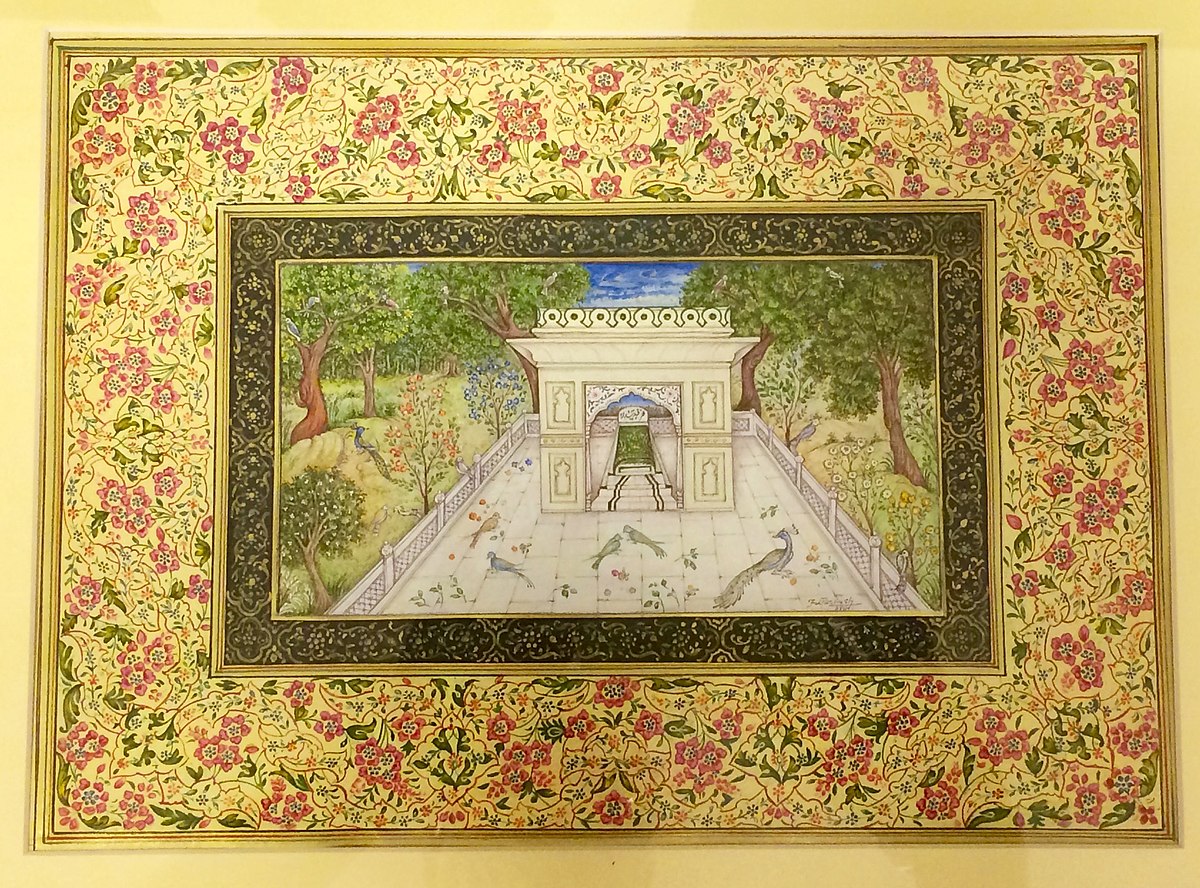Microcosm and Macrocosm in Early Modern Persian and English Lyric Poetry by Jane Mikkelson
Department: Center for Persian Studies and Culture
Date and Time: February 18, 2021 | 11:00 AM-12:30 PMEvent Location: Zoom
Event Details
A Little Globe’s Extent:
Microcosm and Macrocosm in Early Modern Persian and English Lyric Poetry
Jane Mikkelson, Postdoctoral Fellow, University of Virginia
Thursday, February 18, 2021, 11:00 Am - 12:30 pm PST
Zoom meeting (in conjunction with E210: Shakespeare and Wisdom Literature): (https://uci.zoom.us/meeting/register/tJIoduqprTkrGdwFVNLVRJbWyY596uwEfZNn)
In intriguingly similar ways, two early modern poets – one in England, the other in India – attempt to still the experienced flow of time through practices of meditation made possible by lyric forms of concentration. Andrew Marvell (d.1678) and Bidel of Delhi (d.1720) conjure a single drop of dew in poems that show how this “little globe” strives to infuse its precarious existence with imaginative spiritual aspiration. Thoughts swerve sunward, away from the surrounding elemental world, as the drop of dew “thinks not of rosebuds, nor of roses” (Bidel), “slighting” the “purple flower” (Marvell) in order to “contemplate the dissolution of itself” (Bidel). Within the space and duration of a lyric poem, the drop of dew enjoys an intense inward existence, before it “does, dissolving, run / Into the glories of th’ almighty sun” (Marvell). Harry Berger, Jr. observes that there is a movement in seventeenth-century European culture “toward increasingly smaller and more intricate units of order… which are primarily microcosmic or atomistic.” Like Marvell, Bidel is fascinated by drops of dew, bubbles, sparks, atoms. As a figuration for meditation, dew is a potent way to experiment with collecting oneself for a moment into a “little globe” (Marvell), or, as Bidel puts it, into “a world of reflection” (jahÄÂn-e eÊ¿tebÄÂr). Advancing a comparative method of “entangled close reading,” Mikkelson reads Bidel’s Persian ghazals about dew alongside Marvell’s “On a Drop of Dew.” Attending to how these poets draw on different strands from a shared skein of influences (Galenic humoral theory, Avicennan ideas, Neoplatonism), she also offers thoughts about how we might approach these remarkable parallels (and important divergences) on both “sides” of the European and Islamic early modern world.Poems by Marvell: "On a Drop of Dew," "A Dialogue Between the Soul and the Body," and "The Garden."
Jane Mikkelson received her Ph.D. in South Asian Languages and Civilizations and Near Eastern Languages and Civilizations from the University of Chicago in 2019. She is a post-doctoral fellow at the University of Virginia. Her research and teaching focus on comparative literature, Islamic studies, classical Persian literature, South Asian studies, and connected early modernities. Her current book project, "Steadfast Imagining," studies practices of lyric meditation in the early modern Islamic world and theories of literature and of the imagination that are intertwined with these practices. A second book project, "The Experiment of Lyric," places early modern Islamic and European lyric thought in conversation, undertaking to show how poets in these traditions receive the ambitiously systematic philosophies, methods, and truths of their time in similarly experimental ways.
For more information, contact: Dr. Julia Lupton, (jrlupton@uci.edu)
This event is presented by UCI Early Cultures and is co-sponsored by UCI New Swan Shakespeare and the UCI Jordan Center for Persian Studies & Culture.

